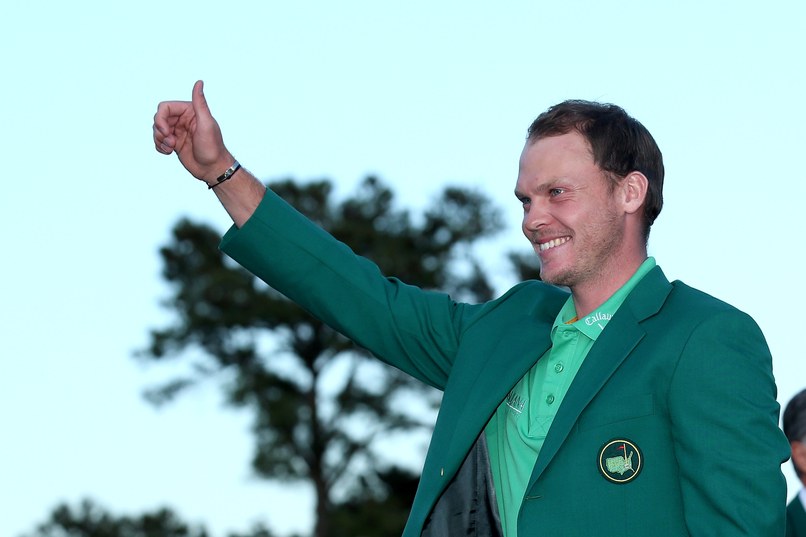Photo via Golf Digest
It was going to be exactly what golf needed. The young and talented Jordan Spieth would win his second straight Masters and begin to establish himself as the next big thing in golf. It was perfect, until the 12th hole on Sunday.
Entering the final round of play on Sunday, Spieth held a one stroke lead over his fellow American, Smylie Kaufman, and for the first nine holes it looked as if Spieth would not relinquish that lead. The defending Masters champion birdied the last four holes on the front nine and took a five shot lead into the 10th. That is when the wheels came off.
Spieth bogeyed 10 and 11 and then came to par-3 the 12th. In one of the greatest meltdowns in recent golfing history, Spieth proceeded to place not one, but two balls into the water that lay right before the green. The nightmare hole dropped Spieth to one under and four shots back of the leader, and eventual champion, Danny Willett of England.While Spieth’s meltdown will be the talk of the tournament, Willett’s play, especially on Sunday, is just as impressive. Willett was able to post one of the lower rounds of the weekend with a five under 67 on Sunday. Willett’s performance on the back nine was almost a mirror opposite of Spieth’s and proved to be the difference.
Spieth tried to make it interesting after the disappointing 12th with birdies on 13 and 15. However, needing a birdie on two of his last three holes, Spieth missed an 8-foot birdie putt on 16 and then bogeyed the 17 to give Willett his first major championship.
Willett’s victory was the first for a European at the Masters since 1999 and the first time an Englishman had won the tournament since 1996, when Nick Faldo was the champion.
The quadruple bogey on Sunday also broke Spieth’s record of consecutive rounds leading at the Masters. Spieth had also led after the third round the previous two years, winning in 2015, but again relinquishing the lead in 2014.
While Spieth joins a not- so- illustrious list of blown Masters leads, most notably Greg Norman’s collapse in 1996, the 22-year old was still able to prove that he is one of the up-and-coming stars in golf.
With Tiger Woods’ continued decline, including not even participating in the 2016 Masters, younger golfers like Spieth have begun to establish themselves as the next big thing in a sport that relies on superstars, like a Woods.
The next chance for Spieth to claim his third major title comes at the U.S. Open, where he is also the defending champion, at Oakmont, June 16-19. He will likely face another tough field



